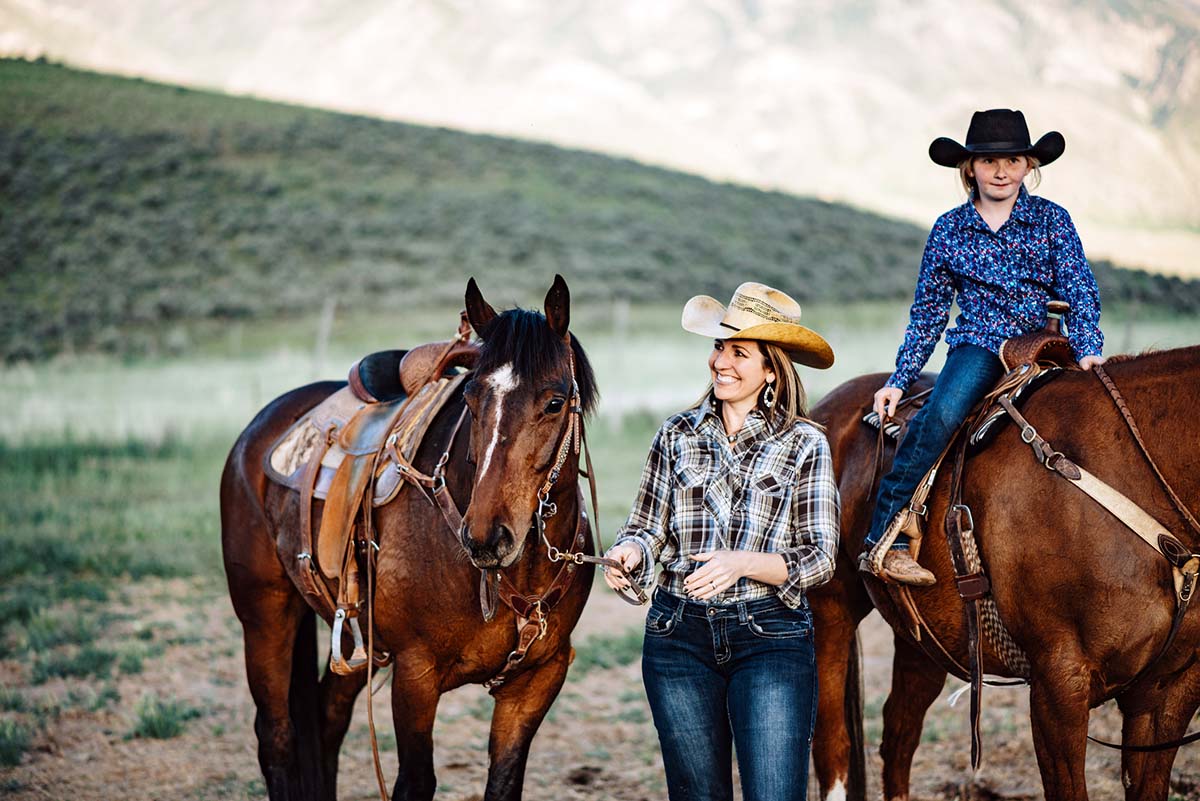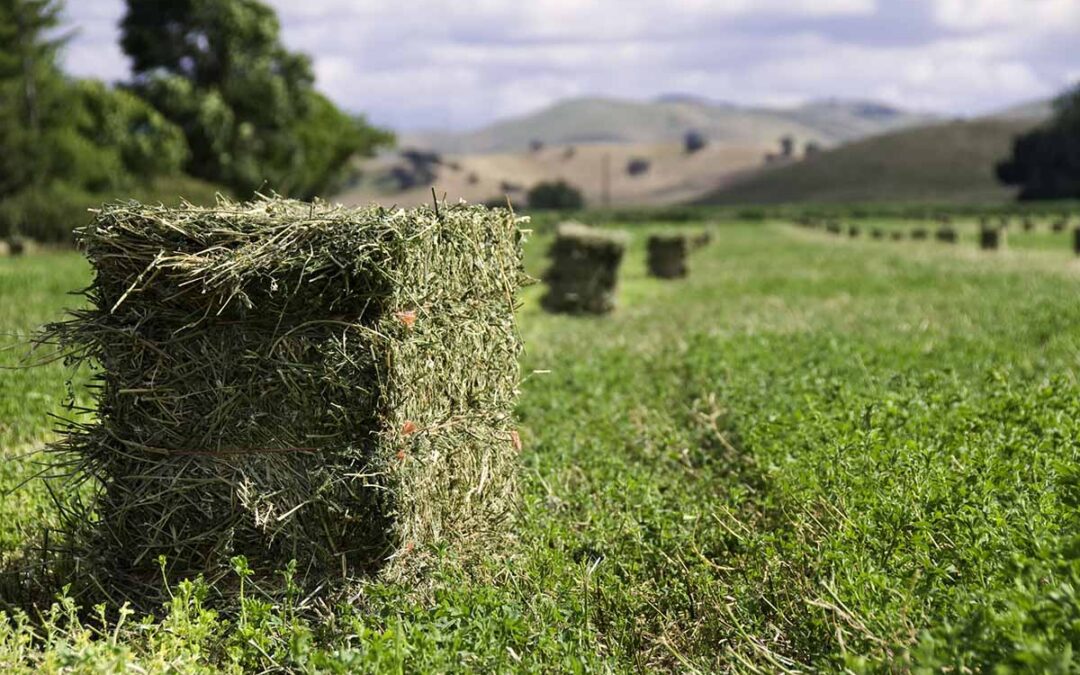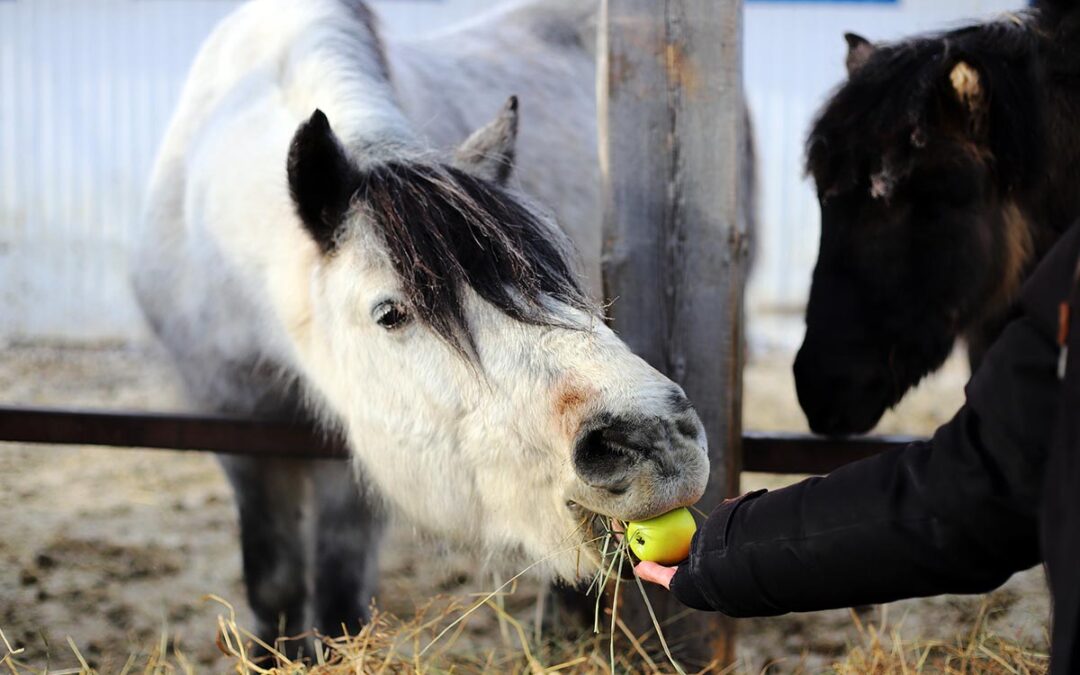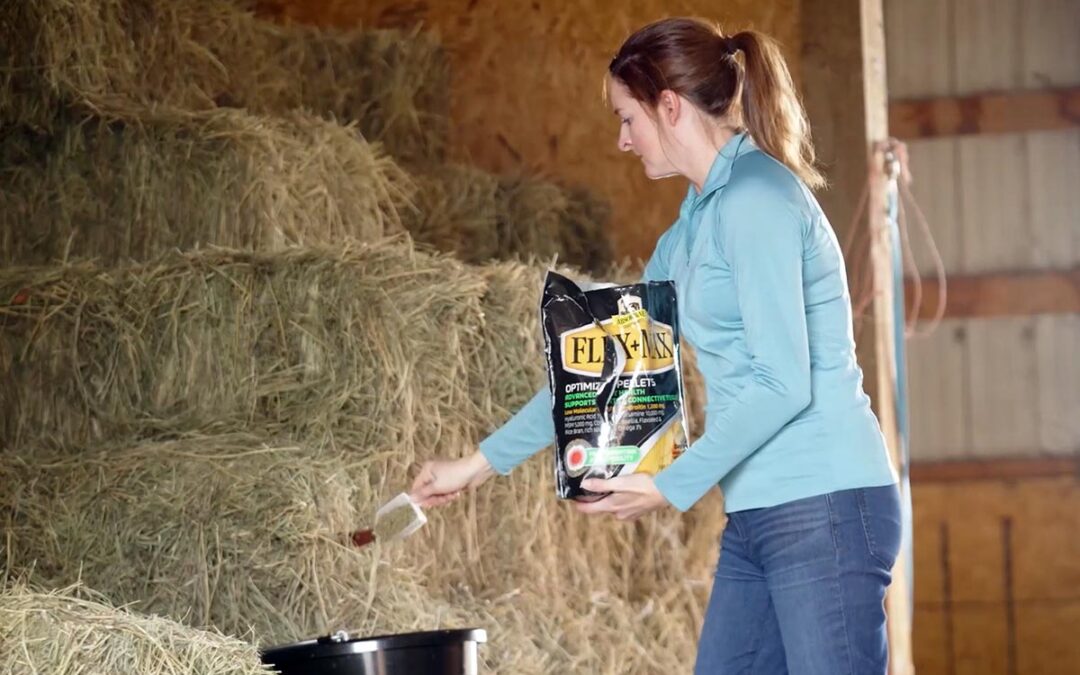Fun fact: The United States is home to 2 million horse owners, and 7.1 million Americans are involved in the industry as owners, service providers, employees, and volunteers. (American Horse Council 2017 Economic Impact Study). You might be questioning: Is horse ownership right for me? Here are some topics to consider before purchasing or adopting a horse.
Why do I want to own a horse?
There is no right answer, but understanding your true motivations for owning a horse will help you determine if better options are available. Do you want a horse for recreation or showing? Or are you happy with an equine companion you can visit, brush, and care for? Do you want one because your friends have horses or because you’ve dreamed of owning a horse as a kid? Are you trying to earn money by breeding or racing? Do you want to save a horse in need? Should you consider leasing, lessons, 4H, fostering, or volunteering first? There are so many things you can do with a horse, whether you want to ride or not. Giving this question some thought and answering it honestly will help point you in the right direction so you can find the best-suited horse for your wants and needs.
What does my future look like for me (and my horse) as a horse owner and in my non-horse life?
Review your long- and short-term goals as a horse owner and as someone with a career or family. Are you already planning to move across the country in the next year or two? Are you planning to add to your family? What will that look like with a horse of your own?
While horses can fit into most lifestyles, and some facilities can provide full care for your horse, it’s important to be realistic about what could be happening in the next three, five, or 10 years. You might find that leasing, taking lessons, or just sharing with friends for a few years allows you to continue spending time with horses, teaches you to be a better rider and horse owner, and provides you options as you make the decision to own a horse, pony or, donkey. Many horses live for 20-plus years, and some live more than 30. If you cannot make a 20-year commitment to a horse, you should know all the options and have a plan in place should you no longer be able to care for your horse.
Will I need to relocate for any reason?
Moving with a dog or cat usually isn’t too difficult, but moving an animal that weighs 1,000 pounds can be. If your lifestyle requires multiple relocations, be prepared for the expense and logistics of moving a horse.
Is the horse for my child?
If yes, what will I do with the horse when my child leaves home? What will happen if my child outgrows the horse? Consider what will happen to the horse when your child leaves for college or moves out of the house. Will the horse be left at home? Will someone be there to take care of it? If your child is close to an age when he or she might leave home soon or his or her interests might change, leasing is a good option.
Do I have the knowledge and skills needed to care for all the horse’s needs?
Despite the countless books, magazines, and websites available with tips and ideas for managing your horse, you must have a certain set of knowledge and skills to care for a horse on your own property. In fact, many rescues and breeders require first-time horse owners to board the horse at a site with knowledgeable staff. Seeking professional help from your veterinarian, farrier, and trainer is always in the horse’s best interest.
Do I have the time to devote to a horse?
Think about it: If you work two jobs and barely have time to eat a full meal at home a few nights a week, are you going to have the time to dedicate to caring for and enjoying owning a horse/pony? Most likely not. If you end up adopting an off-track Thoroughbred that is still in the midst of his transitional training and needs regular exercise, training, and care, for instance, you aren’t going to be able to devote that time if you’re in school full-time and have a job. Until you’re ready to own that type of horse, take riding lessons or make friends with horse owners where you can get your horse “fix” without too much sacrifice from the rest of your livelihood.
What will I do if the horse becomes sick or injured?
Illness and injury are more common with horses than most people realize. Some illnesses and injuries can be remedied with simple steps, while others can be career or life-ending. Few owners are equipped to handle a sick or injured horse on their own, and the best course of action is to contact your veterinarian. Be prepared to provide sometimes lengthy follow-up treatments or pay a knowledgeable horse person (e.g., barn manager) to help you. It is also important to have money set aside in the event of a medical emergency as veterinary emergencies can be costly depending on the situation.
Who can I consult about caring for my horse?
A certified vet and a skilled farrier will be invaluable resources when it comes to your horse’s health, happiness, and soundness. An experienced trainer, instructor, or barn manager should be able to answer any questions regarding your horse’s day-to-day care and training. Countless books, magazines, and websites offer tips and ideas for managing your horse. Use these resources to educate yourself, but consult with a trusted equine professional before trying anything new.
Do I understand all the costs associated with horse ownership?
Read “What Does it Cost to Own a Horse” to learn about the common and hidden costs of ownership. You’ll be better prepared to make an educated decision. The initial purchase price of the horse is often the cheapest part of horse ownership! If you’re struggling to afford the initial purchase price, can you afford the day-to-day, week-to-week, and month-to-month care? Many unforeseen expenses can pop up, which can easily plague a first-time horse owner.
The United Horse Coalition always recommends leasing as an option for anyone looking to gain experience in horse ownership before making the leap to purchasing one of their own.
Reviewing these questions honestly by yourself and with someone you trust is important to evaluate if you’re ready to own a horse. If you feel you are ready, then it’s time to find the right horse for you.



